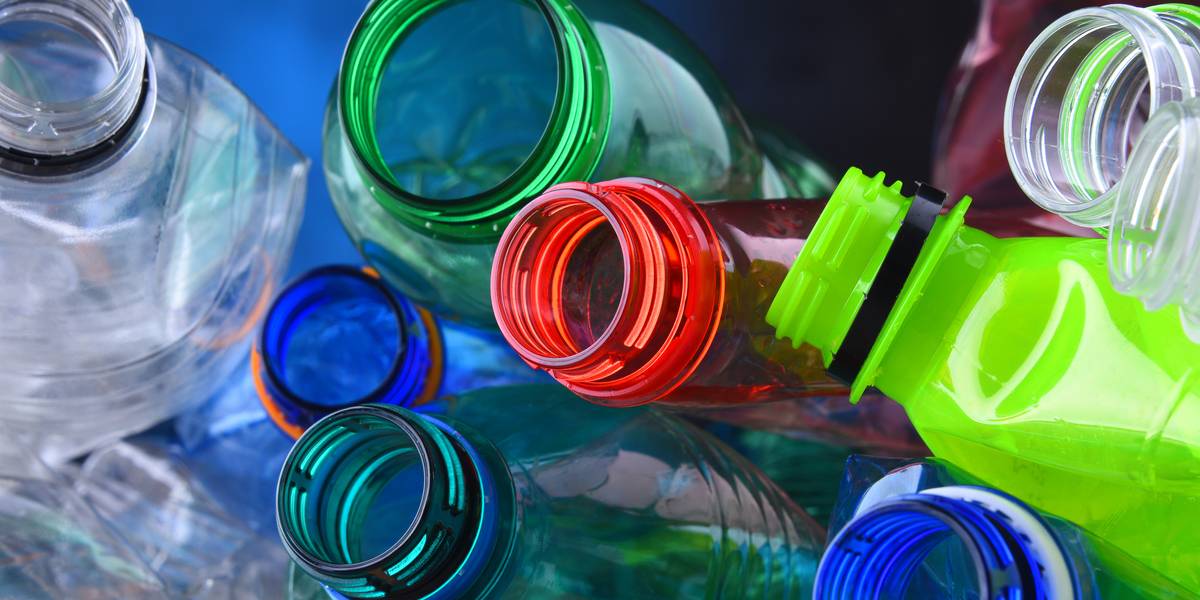People with artery plaques containing microplastics are more than four times as likely to die, or have a cardiovascular event such as a heart attack or have a stroke, a recent study has found.
Microplastics are plastic fragments less than 5mm long which form when plastic is eroded by sunlight, water and other agents.
They then enter our body via food, water or the air.
Although not much is known about the possible effects on health from these small plastic fragments, Francesco Prattichizzo and his colleagues at IRCCS MultiMedica in Italy discovered the link between cardiovascular disease and microplastics.
- Paper straws as harmful as plastic versions, study shows
- Weight loss drugs prompts surge in plastic surgery to remove excess skin
- Chemical found in plastics linked to risk of diabetes in women
Prattichizzo said: “Plastic production is steadily increasing and is projected to continue increasing, so we must know how [and] if any of these molecules affect our health.”
The study involved searching for microplastics in the artery plaques of 257 adults. Between August 2019 and August 2020, these adults had surgery to remove the plaques in their arteries carrying blood to their brain.
Chemical analysis supported by microscope examination found that 150 participants had microplastics in their plaques. All study participants were then monitored until July 2023.
During this period, Prattichizzo and his team found that participants who had microplastics in their plaques were four times more likely to have a heart attack, have a stroke or die.
Although the study establishes a link between microplastics and heart disease, it does not prove that microplastics are the cause. The researchers were unable to disregard the fact that other factors, such as diet and air pollution, could also contribute to these findings.
- Microplastics have now been found in human blood as experts warn they could travel through the body and become stuck in organs
- High blood pressure linked to traffic noise and air pollution
- Food preservatives wipe out protective bacteria in gut
However, Prattichizzo said they found high levels of inflammatory molecules in the plaques containing microplastics, which suggests that plastic fragments in the blood intensify inflammation and therefore will increase the likelihood of having heart attacks and strokes.
Tracey Woodruff, from the University of California, San Francisco, said: “Plastics contain a lot of different chemicals that we know can adversely impact health, so I’m not surprised that we are starting to see increasing evidence of health effects.”




